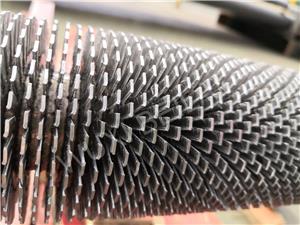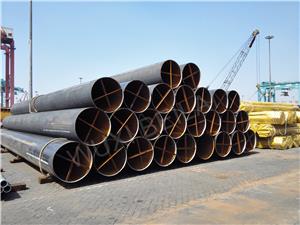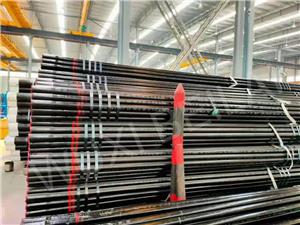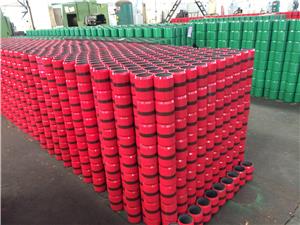BEILAI pipe: What type of pipe is used for natural gas lines
Proper installation of gas pipes is vital for safety, efficiency, and longevity. BEILAI pipe will help you understand the types of gas piping suitable for natural gas applications and why professional installation is crucial.
Types of Gas Pipes for Natural Gas
Here’s a closer look at commonly used gas pipes:
1. PVC Pipe
PVC (Polyvinyl Chloride) pipes are suitable for natural gas and water supply lines. Typically available in lengths of 10 to 20 feet, they come in diameters ranging from ½ inch to 6 inches, allowing you to select the right size for your needs. When connecting PVC pipes, you’ll need solvent cement, primer, or pushtoconnect fittings. However, avoid placing PVC pipes in direct sunlight, as prolonged exposure can damage them.
2. Black Pipe
Black pipes are a durable choice for transporting natural gas and are made from steel or iron. Their malleable nature makes them ideal for residential use. Available in lengths from 2 inches up to 10 feet and diameters ranging from ¼ inch to 2 inches, these pipes are often employed to move natural gas from outside to inside your home. Professional installation is highly recommended for black pipes.
3. CSST Pipe
Corrugated Stainless Steel Tubing (CSST) is an excellent option if you plan to install gas appliances. Its flexibility allows you to maneuver the pipe around corners without additional fittings. CSST is lightweight and easier to install than traditional steel pipes, making it manageable for those with some technical skills. Ensure that any CSST you purchase is certified by the manufacturer.
4. Copper Pipe
Copper pipes, traditionally used for hot and cold water lines, vary in length from 2 to 10 inches and diameters from ½ to 1 inch. Thinner copper pipes work well for indoor natural gas, while thicker ones are necessary for gas service lines. These pipes can be joined using brazing, soldering, pushtoconnect fittings, or compression couplers—methods that contribute to the longevity and durability of the copper lines.
5. Polyethylene Pipe
Ideal for underground gas pipelines, polyethylene pipes are robust and capable of withstanding harsh weather conditions. They are resistant to environmental factors, making them less likely to require frequent maintenance. Installation will involve some excavation, and it’s best to hire professionals for this task.
Benefits of Professional Installation
In addition to ensuring safety and compliance, professional installation offers several advantages:
Enhanced Safety: A licensed plumber has the expertise to recognize potential hazards and take necessary precautions. This reduces the risk of gas leaks, which can pose serious health and safety risks.
LongTerm Cost Savings: While hiring a professional may involve upfront costs, it can lead to longterm savings. Properly installed gas lines are less likely to encounter issues that require costly repairs or replacements down the line.
Warranty Protection: Many professional services provide warranties on their workmanship and materials, giving you peace of mind that any issues arising from the installation will be addressed without additional expense.
Gas piping is inherently dangerous if not handled properly. It is vital to ensure your gas lines are corrosionresistant and safely installed. Be sure to check local regulations regarding gas pipe materials, as restrictions may apply.
We recommend seeking professional assistance for installation to ensure safety and compliance. A thorough inspection can identify any damage, allowing for proper repairs and replacements of old lines.
If you have further questions or need support with gas lines, please contact our team. Thank you for reading, and take care!




